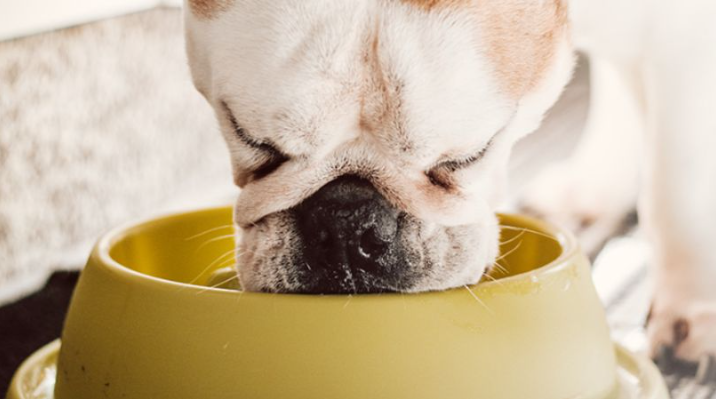Feeding raw meat to dogs may spread dangerous viruses
1.A study involving 600 healthy pet dogs has revealed a strong link between feeding raw meat and the presence of E. coli in the dogs’ feces that is resistant to the broad-spectrum antibiotic ciprofloxacin. In other words, this dangerous and hard-to-kill bacteria has the potential to be spread between humans and farm animals through raw meat fed to dogs. This discovery is shocking and was studied by a scientific research team from the University of Bristol in the UK.
2.Jordan Sealey, a genetic epidemiologist at the University of Bristol, said: “Our focus is not on the raw dog food itself, but on what factors may increase the risk of dogs shedding drug-resistant E. coli in their faeces.”
The results of the study showed a strong association between feeding dogs a raw diet and the dogs excreted ciprofloxacin-resistant E. coli.
In other words, by feeding raw meat to dogs, you risk spreading dangerous and hard-to-kill bacteria between humans and farm animals. The discovery shocked researchers at the University of Bristol in the UK.
“Our study was not focused on raw dog food, but on what factors might increase the risk of dogs excreteing drug-resistant E. coli in their faeces,” says Jordan Sealey, a genetic epidemiologist at the University of Bristol.
3.”Our results show a very strong link between the raw meat consumed by dogs and their excretion of ciprofloxacin-resistant E. coli.”
Based on fecal analysis and questionnaires from dog owners, including their diet, other animal companions, and walking and play environments, the team found that eating only raw meat was a significant risk factor for the excretion of antibiotic-resistant E. coli.
What’s more, the E. coli strains common in rural dogs matched those found in cattle, while dogs in urban areas were more likely to be infected with human strains, suggesting a more complex route of infection.
The researchers therefore strongly recommend that dog owners consider providing their pets with a non-raw food diet and urge livestock owners to take steps to reduce the use of antibiotics on their farms to reduce the risk of antibiotic resistance.
Matthew Avison, a molecular bacteriologist at the University of Bristol, also said: “Tighter limits should be set on the number of bacteria allowed in uncooked meat, rather than in meat that is cooked before consumption.”
E. coli is part of a healthy gut microbiome in humans and animals. While most strains are harmless, some can cause problems, especially in people with weakened immune systems. When infections do occur, especially in tissues such as the blood, they can be life-threatening and require emergency treatment with antibiotics.
The research team believes that understanding how the health of humans, animals and the environment are interconnected is crucial to better controlling and treating infections caused by E. coli.
Post time: Dec-20-2023

